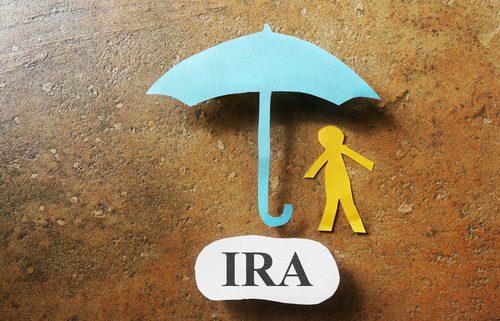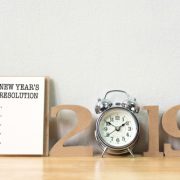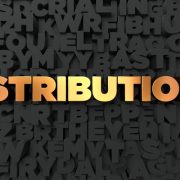How to Keep Your Self-Directed IRA Assets from Going Through Probate
Probate is a long, frustrating and expensive process. It takes time for court probate officials to notify and sort through all the potential creditors’ claims, deal with unpaid tax liability and track down all the heirs. It is expensive, too: All these court officials and clerks need to be paid, and with probate costs sometimes consuming up to 8 percent of your assets and more. But when it comes to IRAs, Self-Directed IRAs and other kinds of retirement accounts, there is good news: Probate is entirely voluntary. There is an easy and straightforward way for you to keep your Self-Directed IRAs, 401(K)s, Self-Directed SEP IRAs, Self-Directed SIMPLE IRAs and other tax-advantage investments out of probate and pass them directly to your heirs:
Designate beneficiaries by name.
When you name a designated beneficiary on a Self-Directed IRA or other retirement account, the assets in that Self-Directed IRA do not go through probate. They bypass probate law and go directly to the designated beneficiary under contract law, which is much more straightforward.
Creditors do not get to intercept the money, probate attorneys do not get to subtract their 3 to 8 percent, there are no taxes at the federal level, and the money passes to heirs in days, not months.
If you fail to designate a named beneficiary, the process is very different. First, the court will consider any Self-Directed IRAs or other retirement accounts for which you did not name a beneficiary to be part of your estate. As such, it will go through probate, and the attorneys, accountants, clerks and judges will each take their cut. Then the IRS and state revenue agencies will subtract their piece from what’s left over.
Then probate officials will subtract any money owed to any creditors who come forward out of what’s left over.
Often there is little, or nothing left over for heirs who are not named beneficiaries on your IRAs, Self-Directed IRAs and other retirement accounts.
Note: Simply writing a will does not avoid probate. A will can simplify the process of determining who is entitled to inherit what assets, and will generally overrule the state intestate laws, which are a series of defaults that courts must observe when someone dies without a will. But assets in wills still go through the probate process, unless you have named a designated beneficiary in writing.
In addition to named beneficiaries on your Self-Directed IRAs and other retirement accounts, you should also consider naming beneficiaries on your bank and brokerage accounts, annuities, pension plans and life insurance policies.
It is also important to revisit your beneficiaries every so often and make sure the beneficiaries on these documents still reflect your wishes.
If you are holding your investments with American IRA, LLC, naming your beneficiaries is very easy: Just contact us at the below phone number or website, or download the Change of Beneficiary Form from our site.
Interested in learning more about Self-Directed IRAs? Contact American IRA, LLC at 866-7500-IRA (472) for a free consultation. Download our free guides or visit us online at www.AmericanIRA.com.







